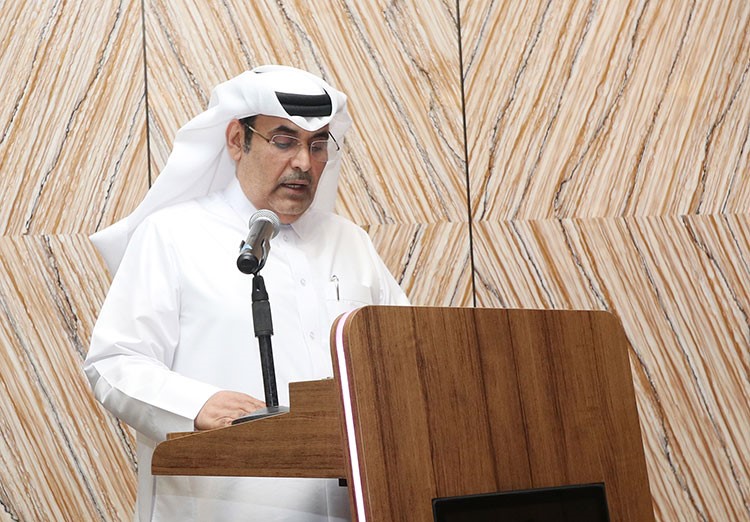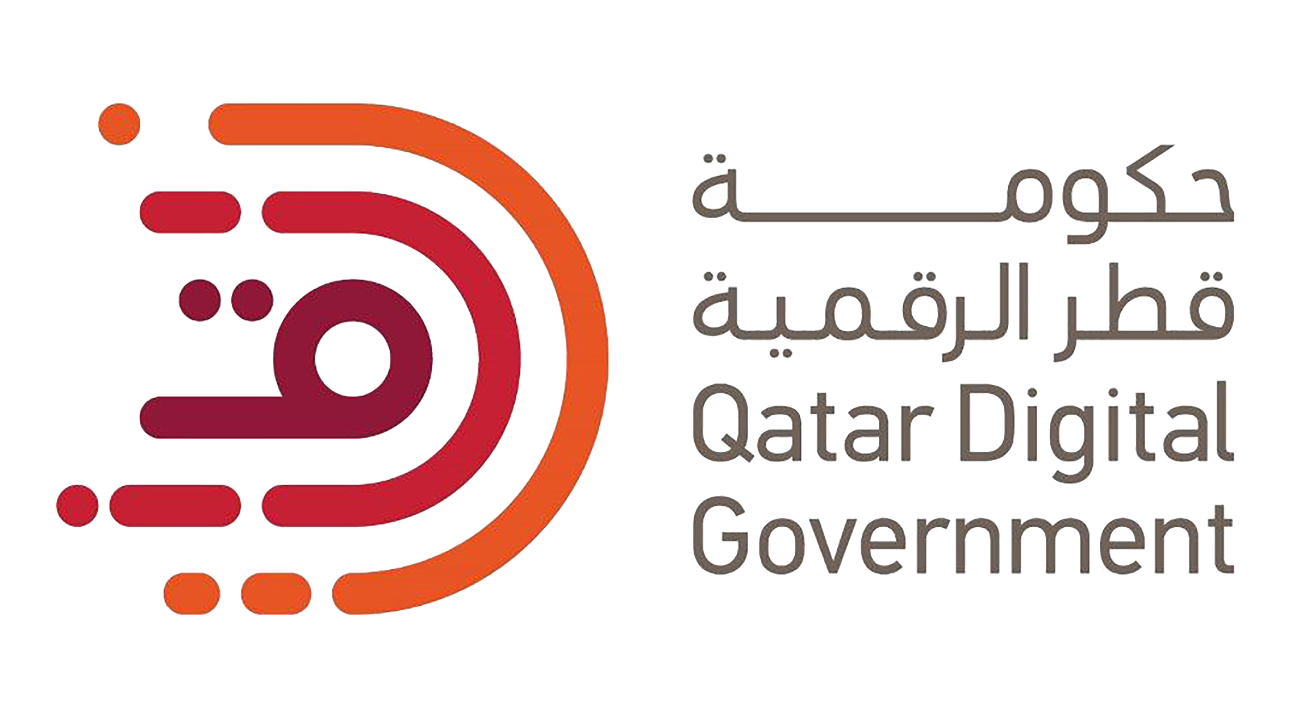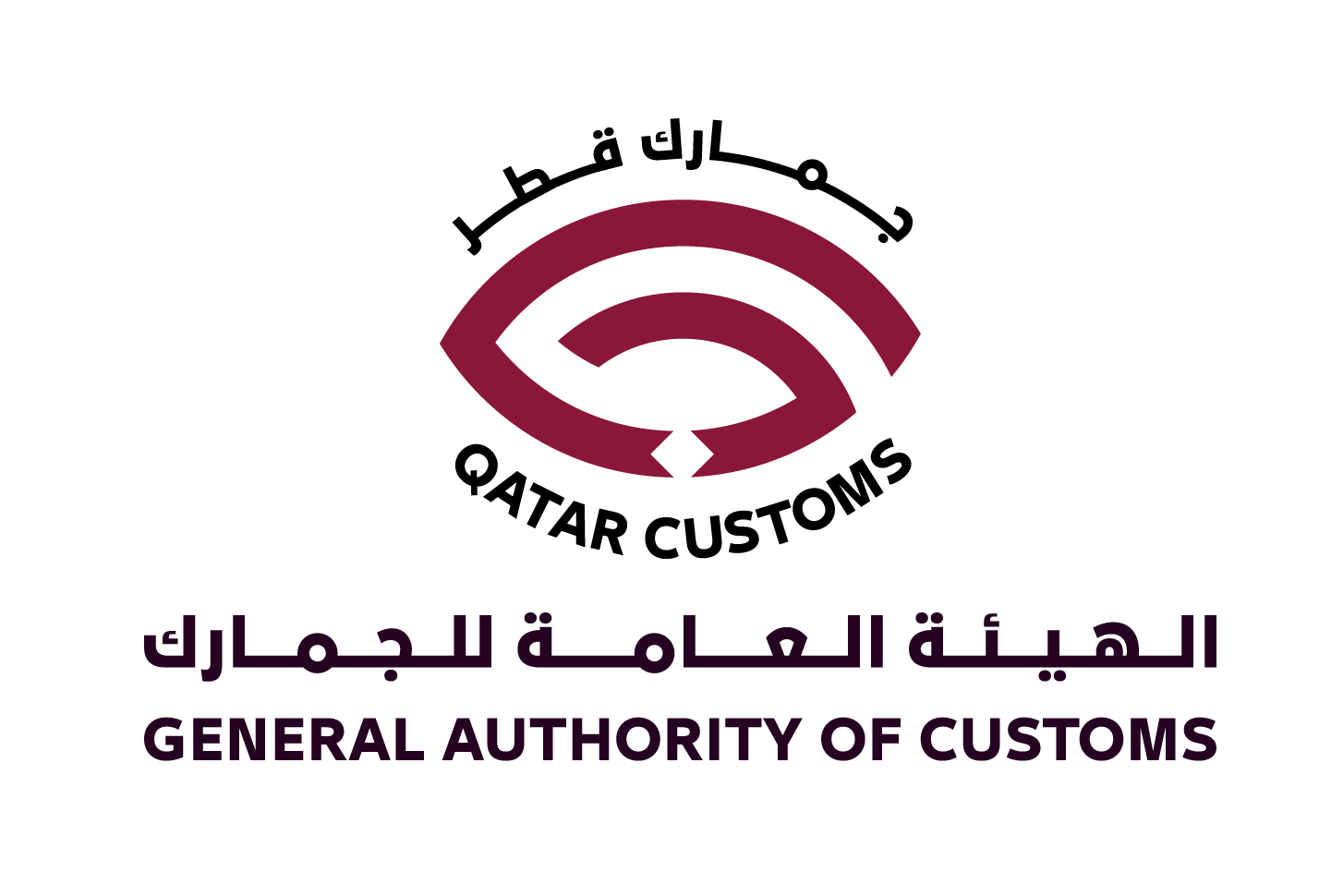General Tax Authority
The General Tax Authority hosts introductory meeting on the income tax law and executive regulations
The General Tax Authority held an introductory meeting on the income tax law and its executive regulations, which was attended by more than 200 officials from the accounting, auditing, and financial consulting firms operating in the State of Qatar.
The meeting started with an introductory session featuring the most prominent aspects of the income tax law, followed by a general discussion session to answer all the inquiries about the law, its application mechanisms, and tax procedures applied by the authority.
During the inauguration of the induction meeting, His Excellency Mr. Ahmed bin Isa Al Muhannadi, Chairman of the General Tax Authority, said: “I hope that this meeting will allow future communication and interaction between the authority and the accounting and auditing companies. We are open to all questions or inquiries related to the income tax law and its executive regulations and other tax measures that the authority applies in cooperation with its partners from the public and private sectors. Such interactions and meetings also benefit the GTA in knowing and measuring the degree of satisfaction with the established tax procedures and bringing the views that pave the way for advancing the tax systems and developing its mechanisms in general”.
Mr. Talal Al-Emadi, Head of Legal Research and Studies at the Authority, shed light on the most recent developments in both the Income Tax Law promulgated by Law No. 24 of 2018 and its executive regulations under Cabinet Resolution No. 39 of 2019.
During a visual presentation, Mr. Talal Al-Emadi explained and clarified many of the provisions of the law and its executive regulations, stressing that all the requirements of the law aim to support the country’s economy, which guarantees the state a sustainable development that benefits all parties.
Mr. Al Emadi stressed that the current law included several amendments to the previous law and the changes focused on reforming administrative and procedural systems and supporting tax compliance by taxpayers and granting more flexibility in tax exemptions to the activities of institutions in various sectors. We are working towards developing the economy to support economic growth and diversification, which contributes to encouraging and attracting foreign investments.
The tax rate on companies operating in the country or the foreign partner’s share has remained as it was previously at 10% of taxable income during the tax year and is considered the lowest globally, with some exceptions to the nature of some petrochemical industries related to the exploitation of natural resources.
The law also stipulates that the salaries and wages of individuals from citizens and residents are not subject to any tax, granting exemptions for investments in listed stocks and their profits, interest, and bank returns, agricultural and fishing sectors, and air and marine navigation services are exempt on the condition of reciprocity.
Companies and entities wholly owned by Qatari citizens are still exempted according to the regulations mentioned in the income tax law and executive management. It was also stated that new cases had been added to the categories exempt from the obligation to pay the tax.
The law does not impose a tax on the profits of shares and other incomes arising from it, and the benefits and returns of public debt securities and Islamic securities issued by the provisions of the law of the financial system of the state, bonds of public bodies and institutions, and the gross income arising from craft activities.
Al-Emadi explained that the new tax law allowed the Council of Ministers to grant a preferential tax rate for some projects or sectors with special conditions due to their nature or the nature of the region in which they are located the framework of encouraging investment in vital sectors.
He stressed the need for taxpayers to abide by tax obligations, which are: registration and extraction of a tax card, submission of tax returns, and deduction from the source on external contracts. He further explained that the taxpayers would have to register and submit their tax returns via electronic tax systems.




























Thank you for subscribing to the newsletter